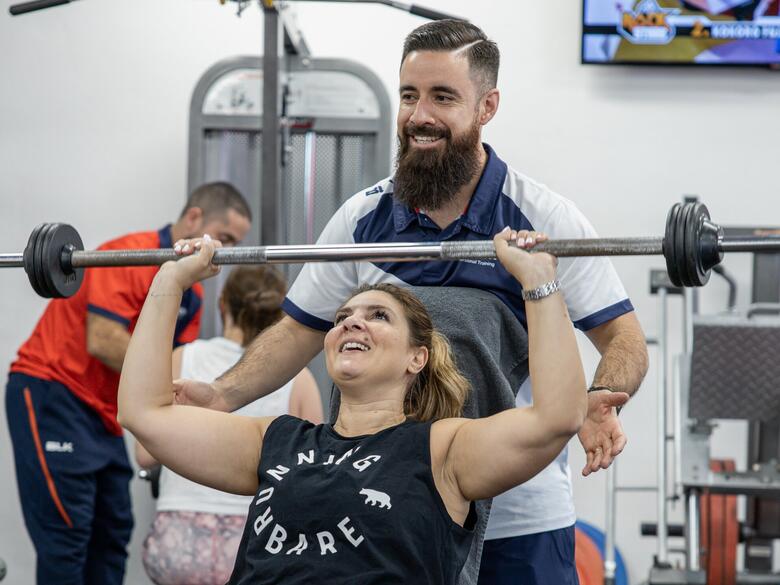In this article, we share our 7 nutrition tips to staying healthy as we age.
How Does Age Affect Nutrition?
It is important to first recognise that there are different nutritional requirements for different age groups. As we age, our body's requirements change, for example: we generally need less calories but more nutrients. This is largely due to a reduction in physical activity, changes in metabolism and hormones as well as musculoskeletal changes related to aging. Chronic health conditions and medication also affect the nutrients our bodies require as we age.
It’s important to note nutrition and healthy aging go hand in hand and so we are going to share our top 7 tips to staying healthy as we age.
1. Be mindful of the total amount of sugar and salt
Commonly, older adults tend to add more salt or sugar to their food because senses like smell and taste have begun to fade. Over time, this may increase the risk of health related issues such as cardiovascular disease (link to cardiovascular disease article). Importantly, healthy aging nutrition looks like: increasing fruit, vegetable, whole grains and dairy intake to create a balanced diet.
2. Increase protein intake
As we know, there are different nutritional requirements for different age groups. Older adults tend to decrease their protein intake. However, as we age it’s crucial we maintain our protein intake to ensure lean muscle mass is maintained for a long, strong and healthy quality of life. Protein sources can range from animal based protein to seafood, dairy, beans, peas or even lentils. Protein sources are also a great way to consume essential vitamins and minerals such as vitamin B12, calcium, vitamin D and fiber.
3. Increase vitamin and mineral intake
You may be wondering how does age affect nutrition needs? Take for example vitamin B12 and calcium. As we age, they get difficult to absorb by the body which can be due to a low stomach acid which can be caused by medication and vitamin D deficiencies. To combat this it’s important to eat enough food containing vitamin B12, D and calcium such as a large amount of animal food, poultry, meat, fish, eggs, and dairy as well as fortified breakfast cereals.
4. Increase fibre intake
Constipation is common in the elderly, especially over 65, related to the decline of physical activity and medication that often have constipation as a side effect. Eating fibre such as fruits, vegetables, lentils, beans, grains, nuts and seeds help relieve constipation. It also prevents diverticular disease that is common in the elderly.
5. Drink more water
The sensation of thirst declines as we age and therefore becomes easier to be dehydrated. Drinking enough fluids will avoid dehydration but will also help with digestion. Fluids including water, teas, lemon water, infused water are to be drunk all throughout the day. Always drink 2 glasses of water with every meal. PS. Don’t forget to do strength training and Kegel exercises to help control your bladder.
6. Do resistance training
Nutrition and aging is not the only important focus. Exercise too! Exercising a minimum of twice a week with a resistance training plan, adapted to your goals and needs, ensures your metabolism stays fast. This is crucial as the metabolism starts slowing down at 60 years old. Exercising helps maintain your lean muscle mass and bone density and helps slow down the aging process.
7. Smaller portion more frequently
Older adults tend to need fewer calories, so instead of 2 to 3 large meals that are often too heavy on the stomach, best to have 5 to 6 smaller meals throughout the day (graze like a cow). By including more protein, vitamins, and water in those small meals, you will feel full for longer and won’t be tempted to have a sugary snack.
Valuing a quality and balanced diet with the special needs that aging includes alongside physical activity will give you the ticket to a happy and long life.
We have found that our Personal Training clients have been able to maintain their lean muscle mass and reduce their visceral fats (fats around the organs) while enjoying eating the foods they like without putting on the kilos. Using our Bioscan technology, those clients have decreased their body age (Yes, their body is younger than their age!) and increased their overall health score.

